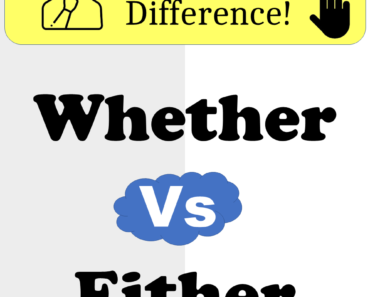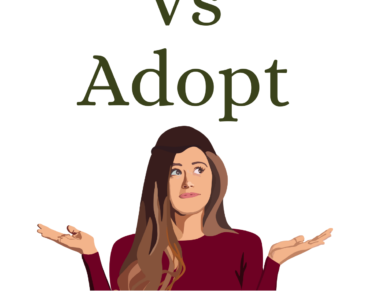The primary distinction between “dependent” and “dependant” lies in their regional usage.
In American English, “dependent” serves as both a noun and an adjective, while in British English, “dependant” is a noun that refers to a person who relies on someone else, especially for financial support.
However, both American and British English use “dependent” as an adjective. Understanding these nuances ensures accurate language use in different contexts.
Dependent
Definition: In American English, “dependent” is used as both an adjective and a noun. As an adjective, it describes someone or something that relies on something else. As a noun, it refers to a person who relies on another, especially for financial support.
Usage (Adjective):
- Reliance: “His mood is heavily dependent on the weather.”
- Conditional: “Admission to the program is dependent on your test scores.”
Usage (Noun):
- Financial Dependence: “She listed her children as dependents on her tax return.”
Dependant
Definition: In British English, “dependant” is solely a noun and refers to a person who relies on another, usually financially.
Usage (Noun):
- Financial Dependence: “Each dependant is entitled to a certain amount of government support.”
While American English uses “dependent” for both noun and adjective forms, British English uses “dependant” only as a noun, with “dependent” as the adjective. Understanding this subtlety helps in writing appropriately for different audiences.







